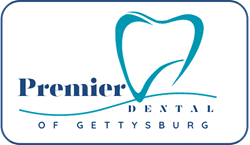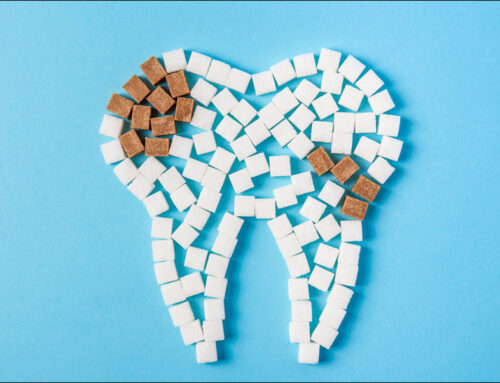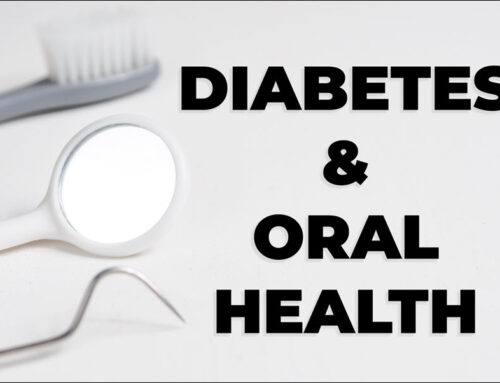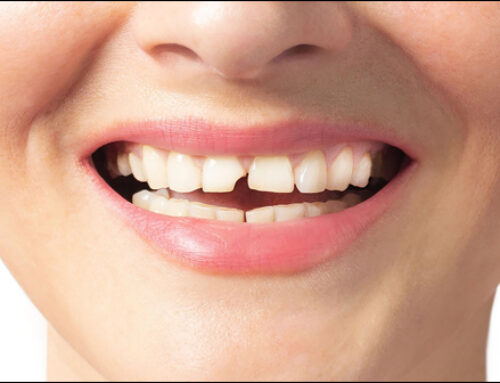Bruxism causes teeth grinding and jaw clenching, often during sleep. It damages enamel, increases sensitivity, and strains jaw muscles. Stress, misalignment, and sleep disorders trigger bruxism. Professional treatment reduces grinding and protects teeth from damage. Custom night guards cushion teeth and reduce jaw pressure. Stress management reduces muscle tension and grinding frequency. Dental adjustments improve bite balance and chewing comfort. Early treatment prevents enamel wear and tooth fractures. Understanding the signs and treatments of bruxism strengthens dental health and bite comfort. Let’s explore how to identify and treat bruxism effectively.
Signs of Bruxism
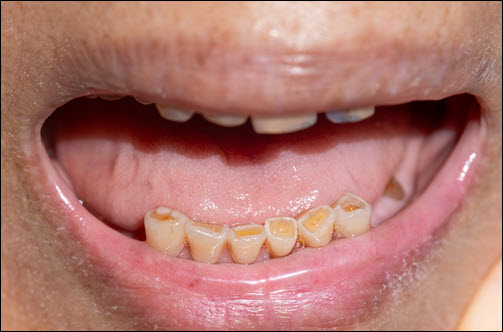 Grinding sounds during sleep signal bruxism. Morning jaw pain and stiffness indicate muscle strain from nighttime grinding. Increased tooth sensitivity results from enamel wear and root exposure. Chipped or cracked teeth suggest excessive pressure from clenching. Headaches and earaches often stem from jaw muscle tension. Worn-down teeth create flat biting surfaces and reduce chewing efficiency. Receding gums and loose teeth result from grinding pressure. Jaw locking and limited mouth opening signal muscle strain. Tongue indentations and cheek biting indicate excessive pressure. Professional exams detect early enamel wear and bite misalignment. Early detection prevents further damage and increases chewing comfort. Identifying bruxism signs improves early treatment success.
Grinding sounds during sleep signal bruxism. Morning jaw pain and stiffness indicate muscle strain from nighttime grinding. Increased tooth sensitivity results from enamel wear and root exposure. Chipped or cracked teeth suggest excessive pressure from clenching. Headaches and earaches often stem from jaw muscle tension. Worn-down teeth create flat biting surfaces and reduce chewing efficiency. Receding gums and loose teeth result from grinding pressure. Jaw locking and limited mouth opening signal muscle strain. Tongue indentations and cheek biting indicate excessive pressure. Professional exams detect early enamel wear and bite misalignment. Early detection prevents further damage and increases chewing comfort. Identifying bruxism signs improves early treatment success.
Night Guards to Protect Teeth
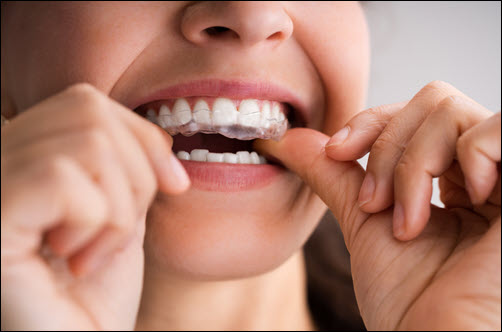
Custom night guards protect teeth from grinding pressure. Dentists create a mold of your teeth for a precise fit. Soft guards cushion teeth and reduce muscle strain. Hard guards provide stronger protection for severe grinding. Wearing a night guard prevents enamel wear and tooth fractures. Guards reduce morning jaw pain and muscle stiffness. Professional adjustments ensure proper fit and comfort. Night guards improve bite balance and muscle relaxation. Reduced grinding pressure increases chewing strength and tooth durability. Professional monitoring improves guard strength and surface protection. Consistent use increases long-term dental health and comfort. Night guards protect teeth and improve overall bite strength.
Stress Management to Reduce Grinding
Stress increases muscle tension and grinding frequency. Relaxation techniques reduce jaw clenching and tooth pressure. Deep breathing exercises calm muscles and reduce stress response. Meditation and yoga improve muscle relaxation and sleep quality. Professional therapy reduces emotional stress and grinding triggers. Proper sleep hygiene reduces muscle activity and grinding frequency. Reduced stress increases muscle balance and bite strength. Professional guidance improves stress management and muscle relaxation. Reduced muscle strain increases chewing efficiency and bite comfort. Better stress management increases overall dental health and comfort. Relaxed muscles reduce grinding intensity and enamel wear. Consistent stress reduction improves long-term dental strength.
Dental Adjustments to Improve Bite Alignment
Misaligned teeth increase grinding pressure and muscle strain. Dental adjustments improve bite balance and reduce jaw tension. Dentists reshape uneven tooth surfaces to reduce pressure points. Orthodontic treatments align teeth and improve bite consistency. Improved alignment reduces muscle strain and chewing discomfort. Professional monitoring ensures proper alignment and bite strength. Reduced pressure increases enamel durability and surface protection. Stronger tooth surfaces improve chewing efficiency and bite comfort. Professional adjustments reduce grinding damage and muscle strain. Better alignment increases jaw relaxation and muscle function. Balanced bite strength increases chewing comfort and overall dental health. Proper alignment reduces bruxism symptoms and tooth damage.
Muscle Relaxants and Physical Therapy
Severe muscle tension increases grinding pressure and jaw strain. Muscle relaxants reduce muscle activity and increase relaxation. Dentists prescribe muscle relaxants for short-term relief from bruxism symptoms. Physical therapy strengthens jaw muscles and improves balance. Jaw exercises increase muscle flexibility and reduce tension. Professional monitoring ensures proper muscle relaxation and balance. Massage therapy reduces jaw strain and increases muscle recovery. Stretching exercises improve muscle strength and chewing efficiency. Better muscle balance reduces grinding intensity and enamel wear. Reduced muscle tension increases chewing comfort and bite strength. Professional guidance improves muscle recovery and relaxation. Relaxed muscles reduce bruxism symptoms and tooth damage.
Treating Enamel Damage from Bruxism
Grinding weakens enamel and increases tooth sensitivity. Professional fluoride treatments strengthen enamel and reduce sensitivity. Dental bonding repairs minor chips and cracks from grinding pressure. Crowns protect weakened enamel and restore tooth shape. Professional monitoring improves crown strength and surface consistency. Custom veneers restore worn-down teeth and improve alignment. Professional adjustments increase chewing strength and bite comfort. Onlays and inlays repair surface damage and increase enamel strength. Professional care increases enamel durability and chewing efficiency. Stronger enamel increases resistance to grinding pressure. Early enamel repair prevents deeper cracks and tooth sensitivity. Restored enamel increases overall dental health and comfort.
Improving Sleep Quality to Reduce Grinding
Poor sleep increases muscle tension and grinding frequency. Sleep apnea and airway obstruction trigger bruxism episodes. Oral appliances improve airflow and increase sleep quality. Proper alignment reduces airway resistance and muscle strain. Professional monitoring increases sleep depth and muscle relaxation. Reduced grinding intensity increases jaw comfort and chewing strength. Stress reduction improves sleep quality and muscle balance. Professional guidance improves sleep posture and airway function. Stronger airway muscles reduce nighttime grinding episodes. Better sleep increases chewing strength and bite balance. Improved muscle relaxation increases overall sleep and dental health. Consistent sleep quality reduces grinding and muscle strain.
Boosting Confidence with a Stronger Smile
Reducing bruxism increases smile strength and confidence. Stronger enamel increases chewing comfort and bite balance. Proper alignment improves muscle function and reduces jaw tension. Reduced grinding increases tooth durability and surface strength. Balanced bite pressure increases chewing efficiency and comfort. Stronger teeth increase resistance to sensitivity and plaque buildup. Clean, smooth teeth improve smile appearance and strength. Improved muscle relaxation increases chewing strength and overall comfort. Reduced tooth damage increases confidence in personal and professional settings. Balanced smile alignment increases social comfort and appearance. Professional care improves smile consistency and bite strength. A confident smile increases overall dental health and comfort.
Bruxism damages enamel and increases jaw strain. Custom night guards protect teeth and reduce grinding pressure. Stress management reduces muscle tension and grinding frequency. Dental adjustments improve bite balance and muscle function. Professional fluoride treatments strengthen enamel and reduce sensitivity. Muscle relaxants increase jaw relaxation and reduce grinding intensity. Treating enamel damage increases tooth durability and surface strength. Improved sleep quality reduces grinding episodes and muscle strain. Professional care increases long-term bite strength and comfort. Investing in bruxism treatment improves smile strength and dental health. Stronger teeth increase overall bite balance and personal confidence.
